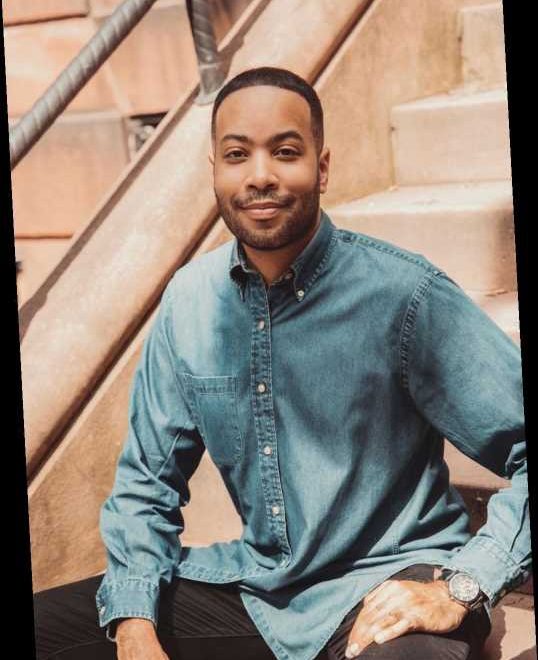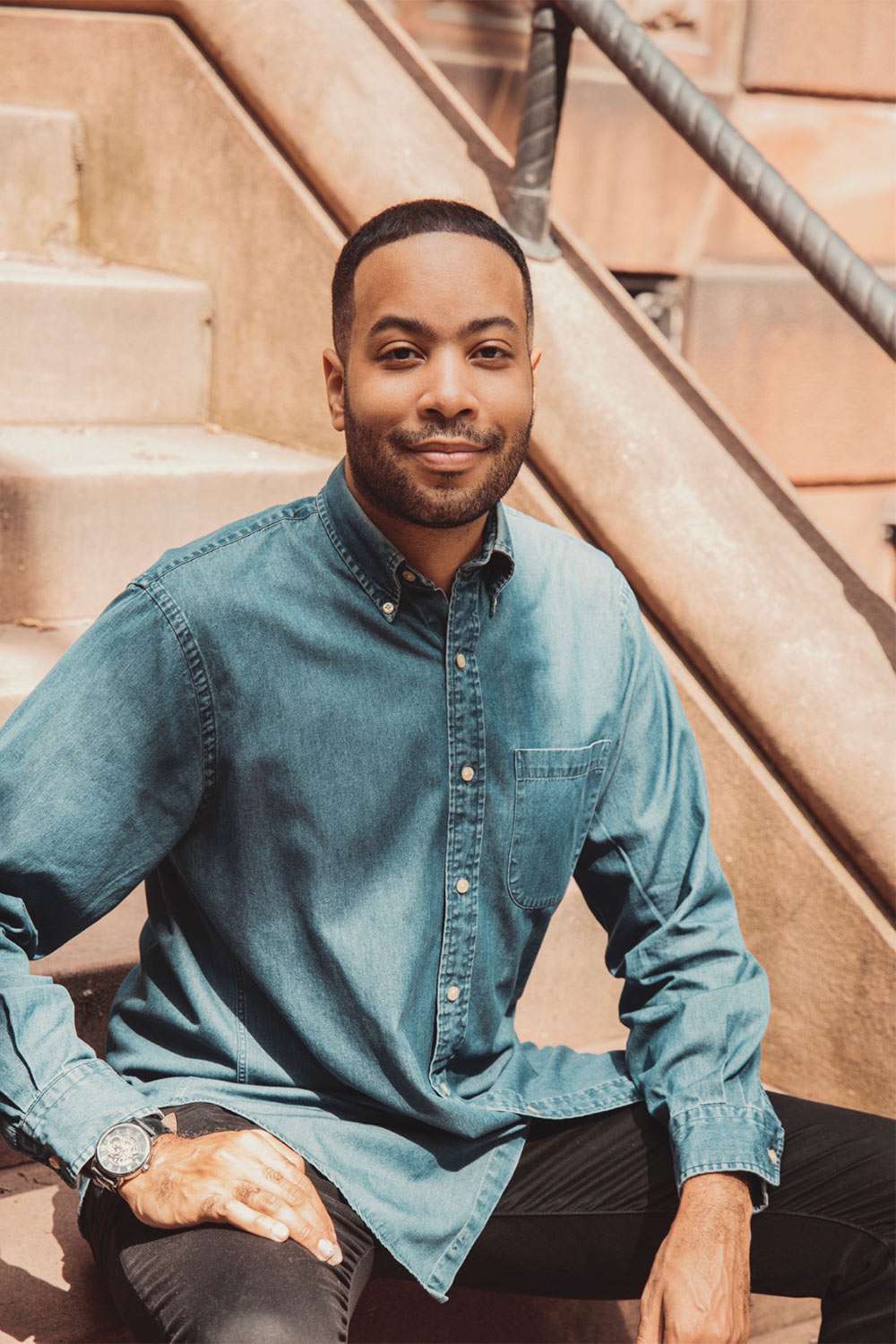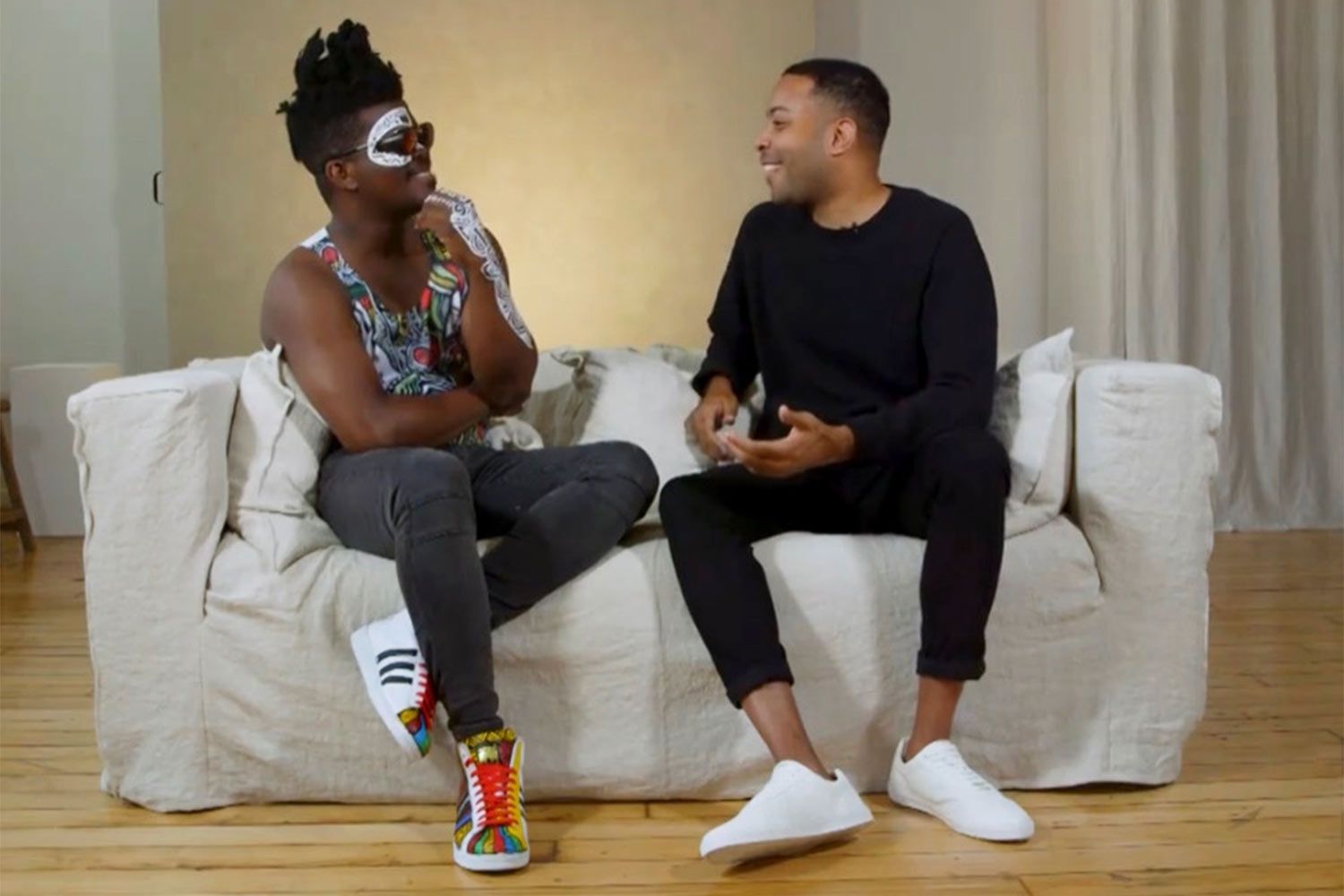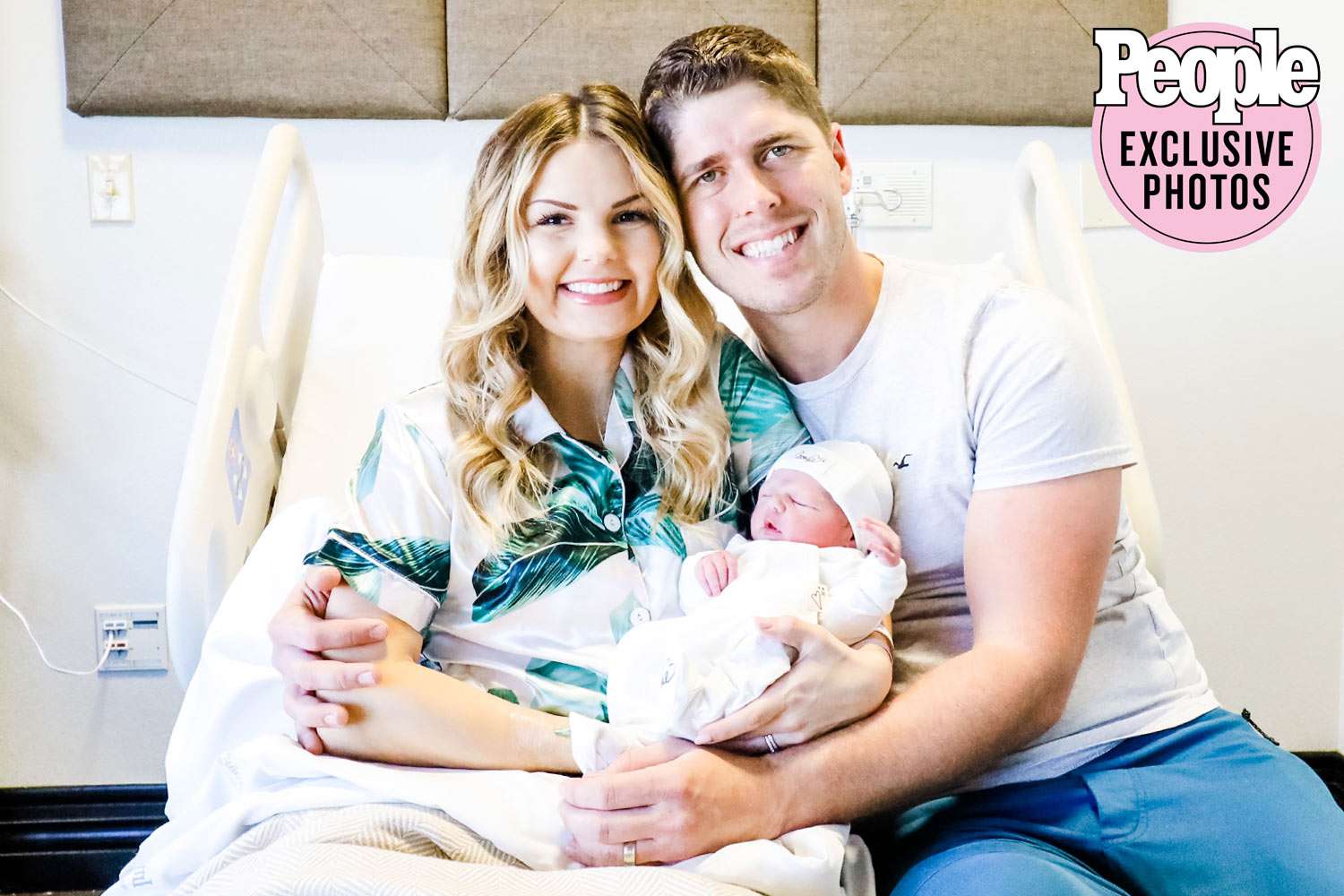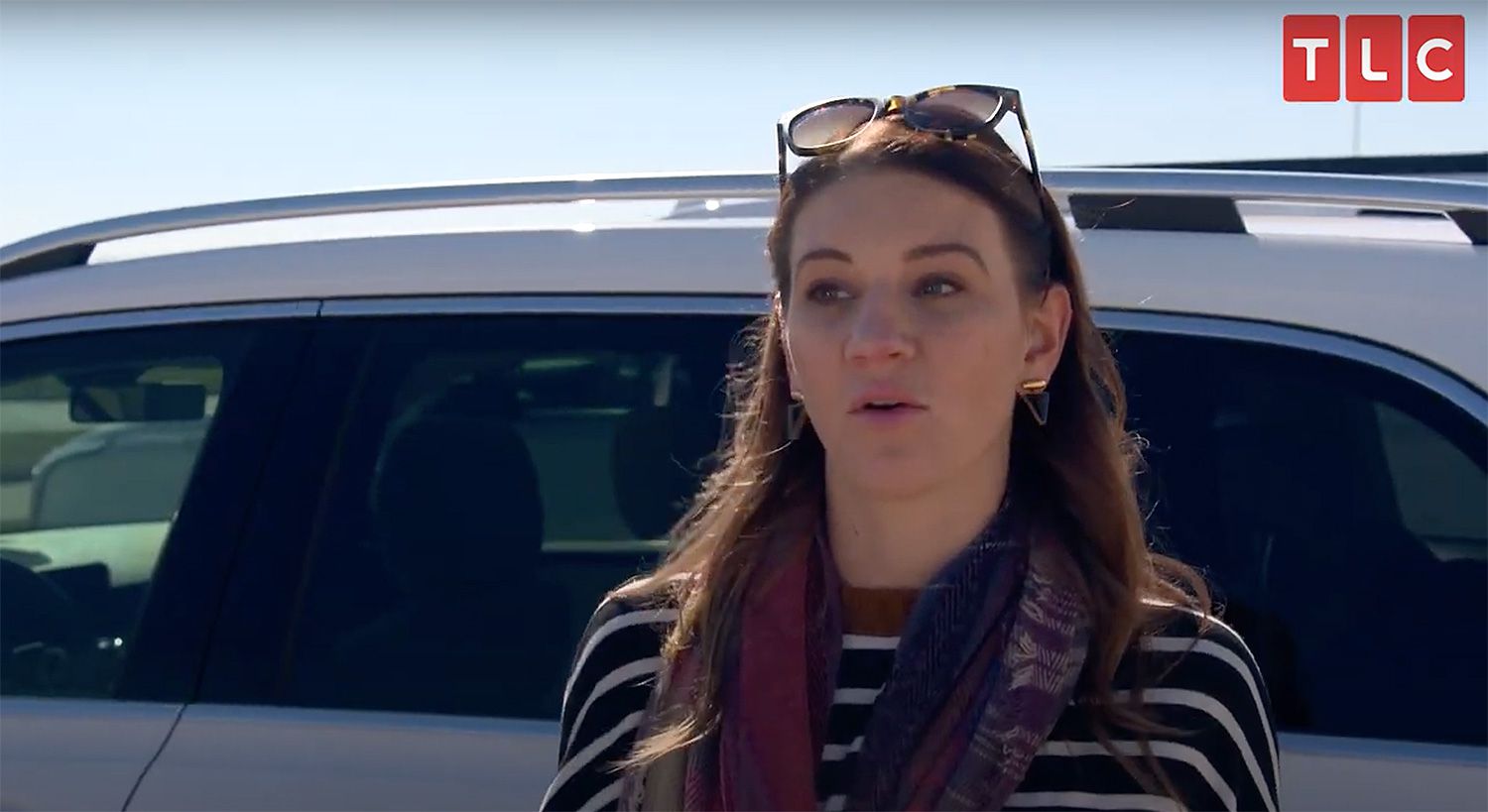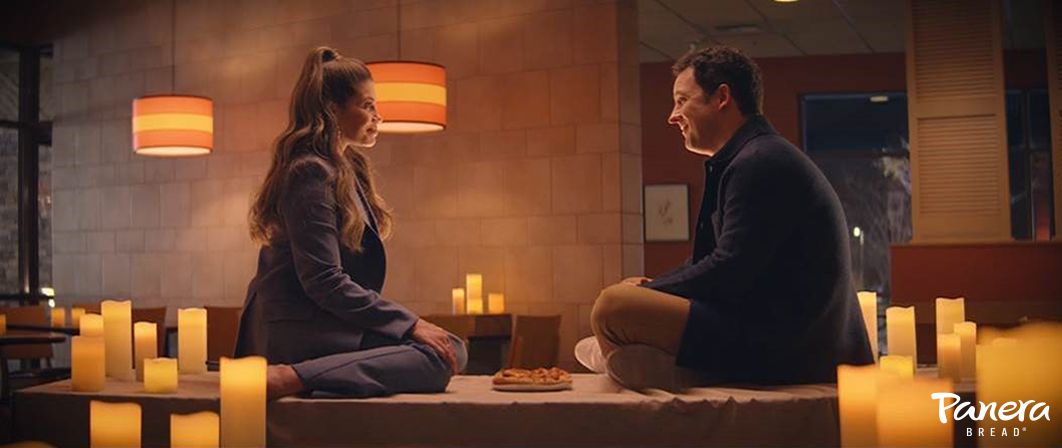Blackstage podcast — which recently featured a historic conversation between the descendants of Booker T. Washington and W.E.B. DuBois — is not only lifting up the voices of Black leaders, but supporting them.
Last week, Blackstage announced its Black History Month Leadership Fund, which will raise money for Black-led organizations fighting for social justice and positive change in their communities. Donations will be accepted throughout the month of February and recipients will be announced in spring 2021. (To donate, visit theblackstage.org.)
"We are looking to invest in Black-led organizations that don't necessarily get the public attention of the NAACP's Legal Defense and Educational Fund or the Color of Change, but are doing impactful work across the United States in various sectors," Brennan DuBose, the creator and host of Blackstage, tells PEOPLE in an exclusive interview. "So, with this fund, we're trying to champion those early stage, middle-stage organizations that might not necessarily have the household name, but are doing the work."
DuBose, who graduated from Howard University and went on to get his PhD from Columbia University in 2018, knows all about the power of community — and the importance of storytelling. He previously worked at various media outlets to increase millennial engagement before joining a social impact fund based in New York City.
"What I realized is that a lot of media companies were missing stories. There were opportunities to engage with various different communities in really impactful and direct ways," DuBose says. "And because of the news of the day, these stories were often overlooked and these conversations never came to the surface."
Blackstage was launched in June 2020 to fill this void in mainstream media and tell "the stories of the unheard," DuBose, 31, explains. The podcast has featured inspirational leaders like Black Panther's Denzel Whitaker, Hope Wiseman, who became the youngest dispensary owner in the United States, and Laolu Senbanjo, a Nigerian-born visual artist who created the body art featured in Beyoncé's 2016 "Lemonade" music video.
"We're centering those voices in a way that not only honors them, but also can be a way of impact," he says. "To share [Black stories] with a world that desperately needs hope, that desperately needs inspiration."
What DuBose didn't expect was that the podcast would come out at the same time a pandemic was raging across the globe — or at the same moment the United States was experiencing a "racial reckoning."
"The week that we came out with the podcast, George Floyd happened, and there were protests all around the world," DuBose says. "Our audience was flooded because there were so many people looking for content like this — that champions not only Black stories, but hope and honesty and vulnerability. So, we weren't ready, almost, for all the intentionality between the listeners, but we're very grateful for it."
For DuBose, the fight for racial justice connects to the stories shared on Blackstage.
"I think that there's an element of racial justice that comes with every story that we share on Blackstage podcast, especially now," he says. "Every person has a story, every person has an individualized experience. But the commonality that draws across all of the folks that come onto the podcast is this experience with race and racism. And this experience with a history that has often sidelined Black people. [History] has never really centered these stories explicitly."
The lack of Black-centered stories impacted DuBose's own childhood. He says that while he was growing up he often felt "invisible."
"I was constantly looking for myself or looking for something that reflected who I was. I never was able to find it. I was never able to see myself on TV. I was never able to hear myself on the radio," he explains.
With Blackstage, he's curating a space so others can feel seen and heard.
"[The podcast is] for anybody who never was able to see themselves as an artist, as a journalist, as an actor, as a doctor, as a lawyer, as someone who has real lived experiences," says DuBose, adding that the stories on Blackstage are a reminder "that you can do it. That you're seen. That you're heard. That you're valued. That you're important. And that you have a place in this society."
While each interview on Blackstage has its own important message, there is one interview that DuBose has found especially "powerful." In the last episode of season one, DuBose hosted a joint conversation with Dr. Amanda Washington Lockett, great-great granddaughter of Booker T. Washington, and Arthur Mcfarlane III, great-great grandson of W.E.B. DuBois. It was the first time Lockett and Mcfarlane had ever spoken to each other.
"Being that this is Black History Month, it's important to look back — but also look forward. We really have to remember that we are our ancestors' wildest dreams," says DuBose. "So, I brought together for the first time the direct descendants of W.E.B. DuBois and Booker T. Washington. Historically, in any history class that you sit in, they were pitted against each other because they had different approaches to who they were. You always knew, 'Oh, they didn't like each other.' "
He continues: "But hearing them in conversation with each other and complementing their grandfathers and really leaning into what does it mean to work together as a collective, even if you have a different approach? I think that was super powerful. There's power in collaboration. There's power in understanding. There's power in history."
The first episode of the second season of Blackstage podcast is available to stream now.
Source: Read Full Article
